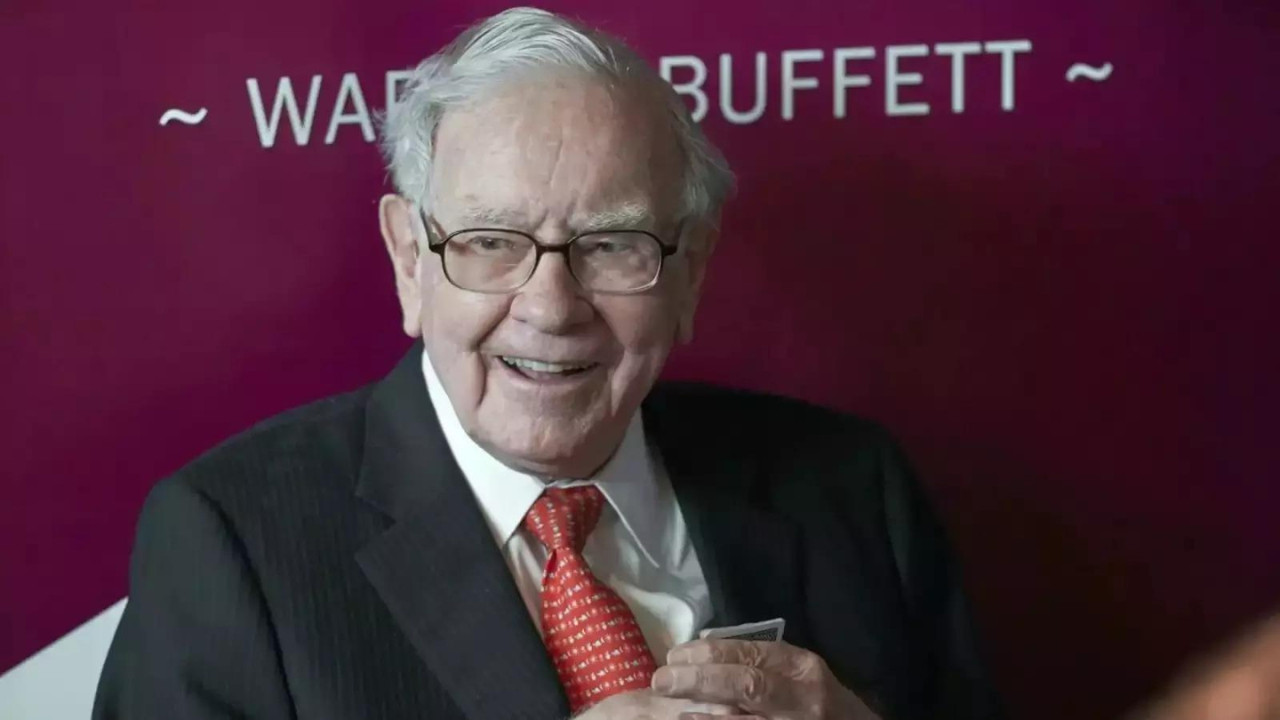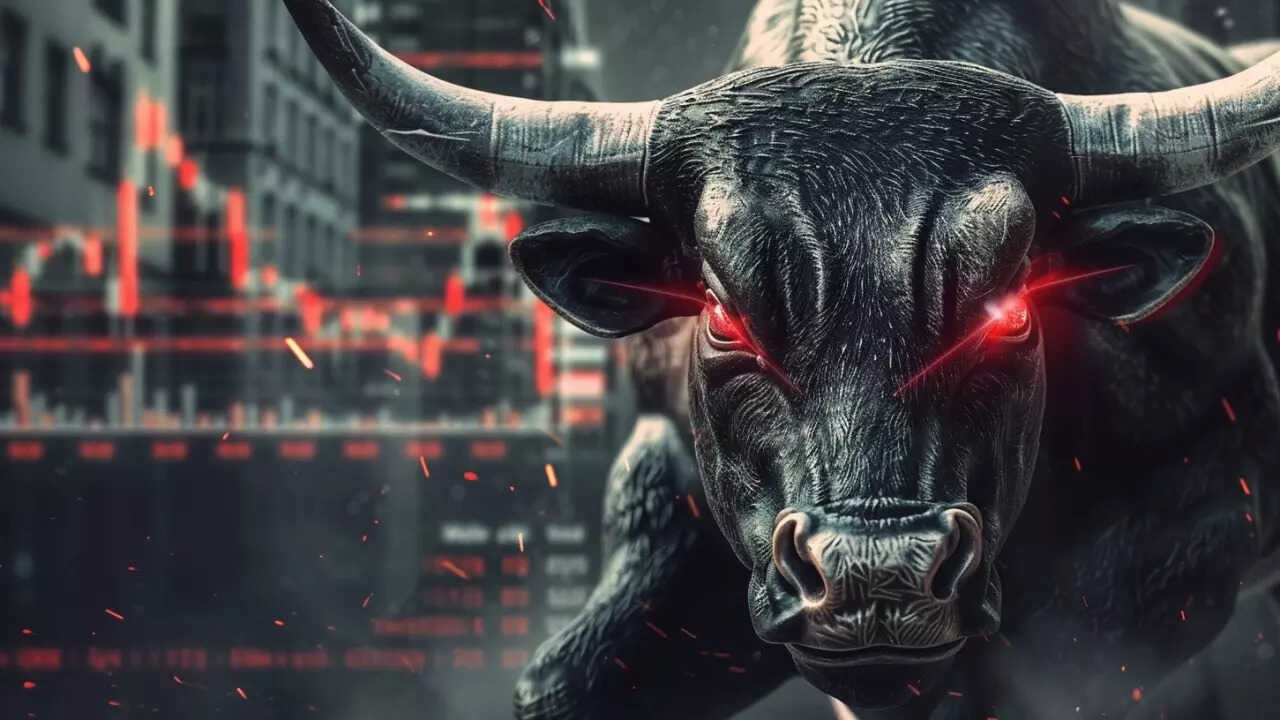Berkshire Hathaway’s second-quarter profit plummeted 59% to $12.37 billion, impacted by a $3.76 billion writedown on its Kraft Heinz investment. Despite this setback, operating profit only marginally decreased to $11.16 billion, surpassing Wall Street expectations. While Buffett confirmed his eventual CEO departure and BNSF showed strong performance, the company’s substantial cash reserves remain untouched due to high valuations.
Is the Oracle Losing His Touch? Buffett’s Berkshire Hathaway Takes a Hit
Warren Buffett, the legendary “Oracle of Omaha,” built an empire on shrewd investments and a knack for spotting long-term value. But even the most seasoned investors face headwinds, and recent results from Berkshire Hathaway paint a picture of a company navigating choppy waters. Is this just a temporary squall, or are larger economic forces starting to erode the foundations of Buffett’s empire?
Berkshire Hathaway’s latest earnings report reveals a significant dip. Net earnings plummeted to $12.37 billion, a stark contrast to the $30.25 billion reported in the same quarter last year. While Berkshire’s vast portfolio is diverse, one particular holding seems to be casting a long shadow: Kraft Heinz.
The Kraft Heinz Conundrum and Trump Tariffs
A massive $3.76 billion writedown related to Kraft Heinz significantly impacted Berkshire’s bottom line. This isn’t a new story; the food giant, grappling with changing consumer tastes and hefty debt, has been a drag on Berkshire’s performance for some time. But what many might overlook is the quiet but persistent influence of Trump Tariffs.
While not explicitly called out as the sole culprit, the trade policies enacted under the Trump administration had a ripple effect across the global economy, and Kraft Heinz wasn’t immune. Increased tariffs on imported goods, particularly steel and aluminum used in food packaging, likely squeezed profit margins. Moreover, retaliatory tariffs imposed by other nations may have impacted Kraft Heinz’s international sales.
The implications of tariffs go beyond just direct costs; they inject uncertainty into the market. Companies become hesitant to invest, expand, or even maintain current production levels when faced with the unpredictable nature of trade wars. This chilling effect could further hinder Kraft Heinz’s ability to innovate and adapt to evolving consumer demands.

Beyond Kraft Heinz: A Broader Economic Landscape
While the Kraft Heinz writedown is a significant factor, it’s essential to consider the broader economic landscape. The Federal Reserve’s aggressive interest rate hikes aimed at taming inflation have made borrowing more expensive, impacting businesses across sectors. Supply chain disruptions, lingering from the pandemic, continue to add to production costs and logistical challenges.
Furthermore, a potential recession looms on the horizon. Consumer spending, a crucial engine of economic growth, is showing signs of slowing down as households grapple with higher prices and economic uncertainty. This translates to decreased demand for goods and services, which can further pressure companies’ earnings.
Trump Tariffs and the Future of Berkshire Hathaway
Buffett’s investment philosophy centers on identifying undervalued companies with strong fundamentals and holding them for the long term. However, even the most carefully selected businesses can be affected by external factors. The impact of Trump tariffs, coupled with broader economic uncertainties, presents a challenge for Berkshire Hathaway.
It’s important to remember that Berkshire is a sprawling conglomerate with diverse holdings, ranging from insurance giants like GEICO to railway behemoths like BNSF. While one investment may falter, others could thrive. Berkshire’s energy division, for example, is likely benefiting from increased demand for energy and rising prices.
To navigate these turbulent times, Berkshire Hathaway will need to adapt and innovate. This might involve divesting from underperforming assets like Kraft Heinz, seeking new investment opportunities in sectors with strong growth potential, or streamlining operations to improve efficiency. Read more on how Berkshire’s insurance arm, GEICO, is tackling rising auto insurance costs.
Is This a Turning Point?
Is this recent dip in earnings a sign of a more significant shift for Berkshire Hathaway? It’s too early to say definitively. However, it serves as a reminder that even the most successful investors are not immune to economic headwinds and the complexities of the global marketplace. The long-term impact of decisions made during the Trump administration, such as the imposition of tariffs, continues to reverberate through the economy, influencing investment strategies and corporate performance.
Berkshire Hathaway’s future success will depend on its ability to adapt to these changing conditions, navigate the challenges posed by economic uncertainty and evolving consumer preferences, and continue to identify and capitalize on long-term value opportunities.






